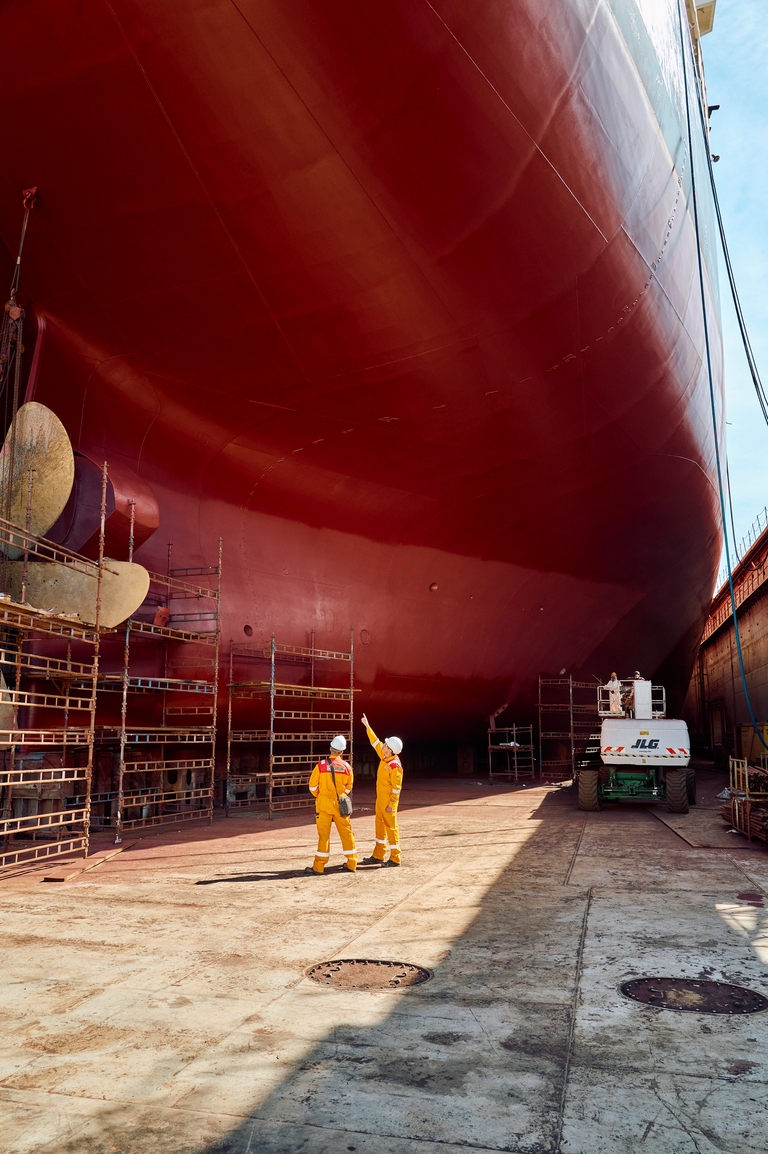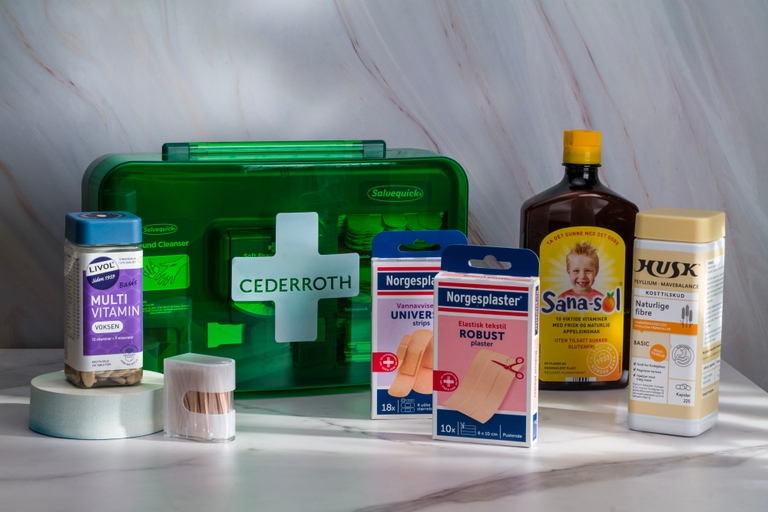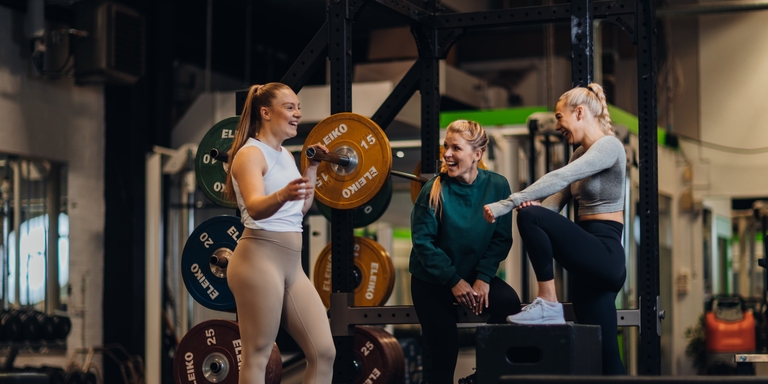
A leading industrial investment company
10
Portfolio companies
~110
Market capitalisation
NOKbn
>100
Markets served worldwide


Our investment approach
Orkla ASA is a leading industrial investment company focused on brands and consumer-oriented companies, creating sustainable value through active ownership.
We invest in brands and consumer-oriented companies where we currently have strong positions geographically, with the ambition to further develop our international footprint over time.
We accelerate growth and expand the strategic opportunity space for our existing portfolio companies by investing organically and through M&A. We source and invest behind new platforms that can produce meaningful value over the short term and sustainable competitive advantage over the long term.
Investing in today’s favourites, building tomorrow’s icons
Our portfolio includes ten market-leading companies across food and ingredients, health and home care, and paints and coatings – serving both private and professional markets in Europe and beyond.












